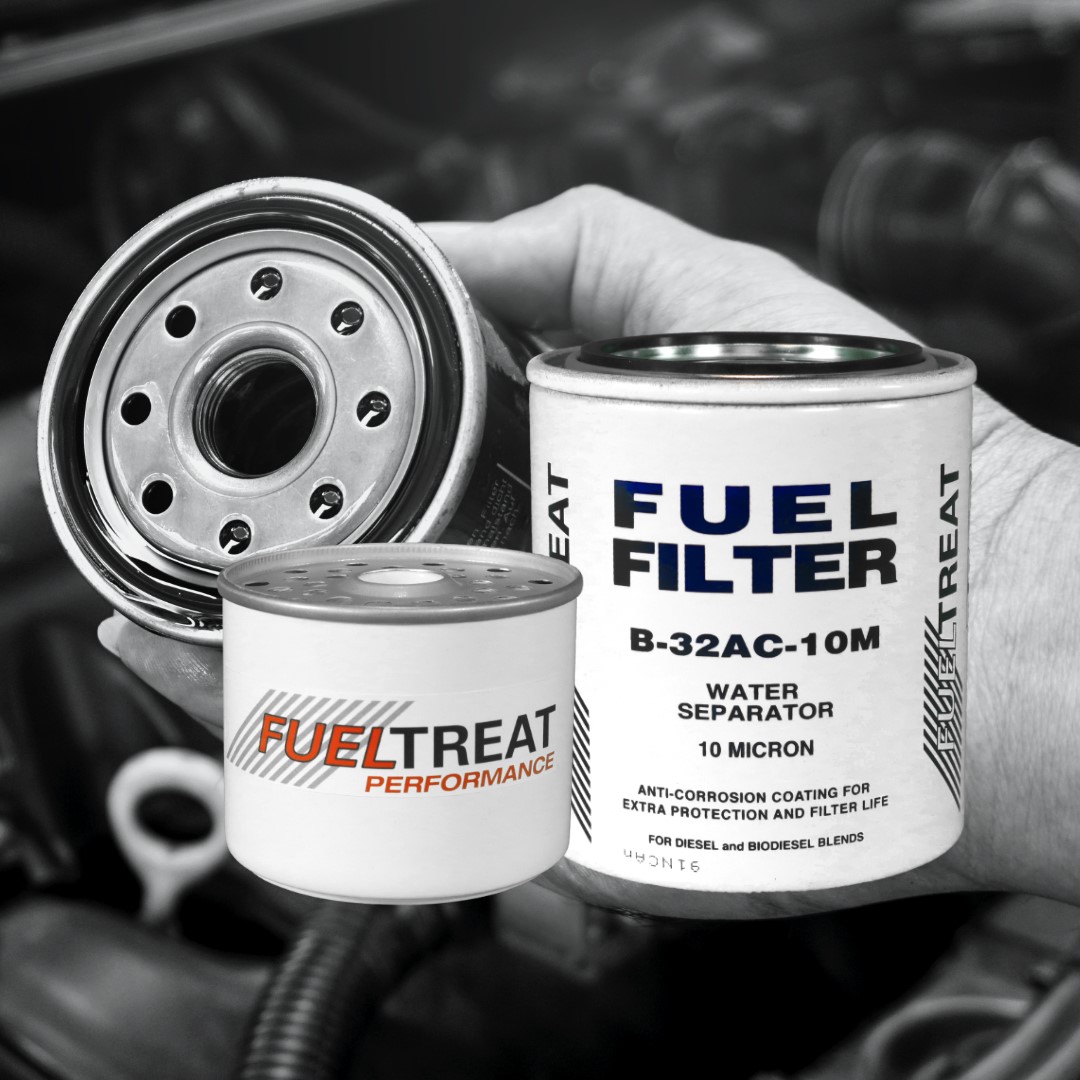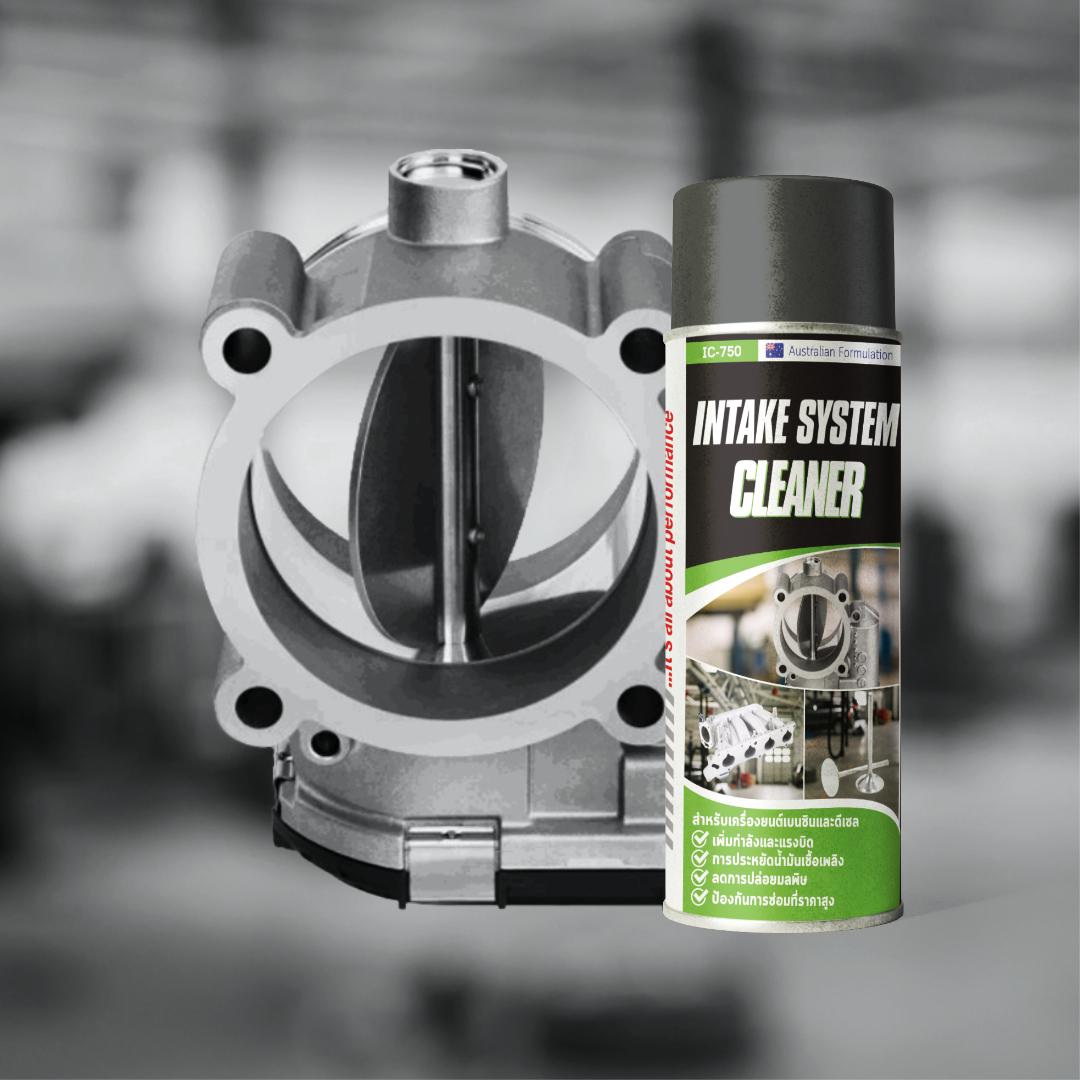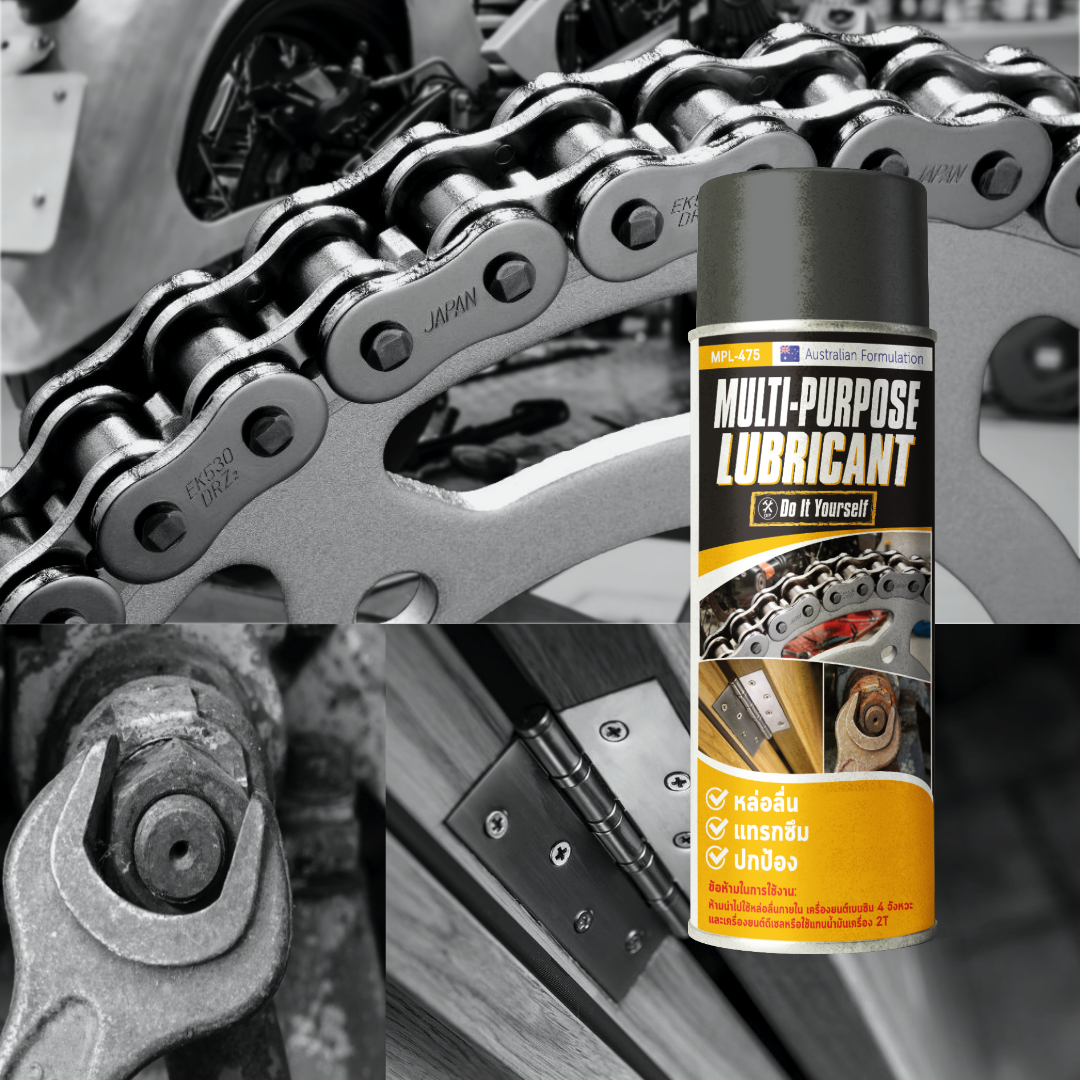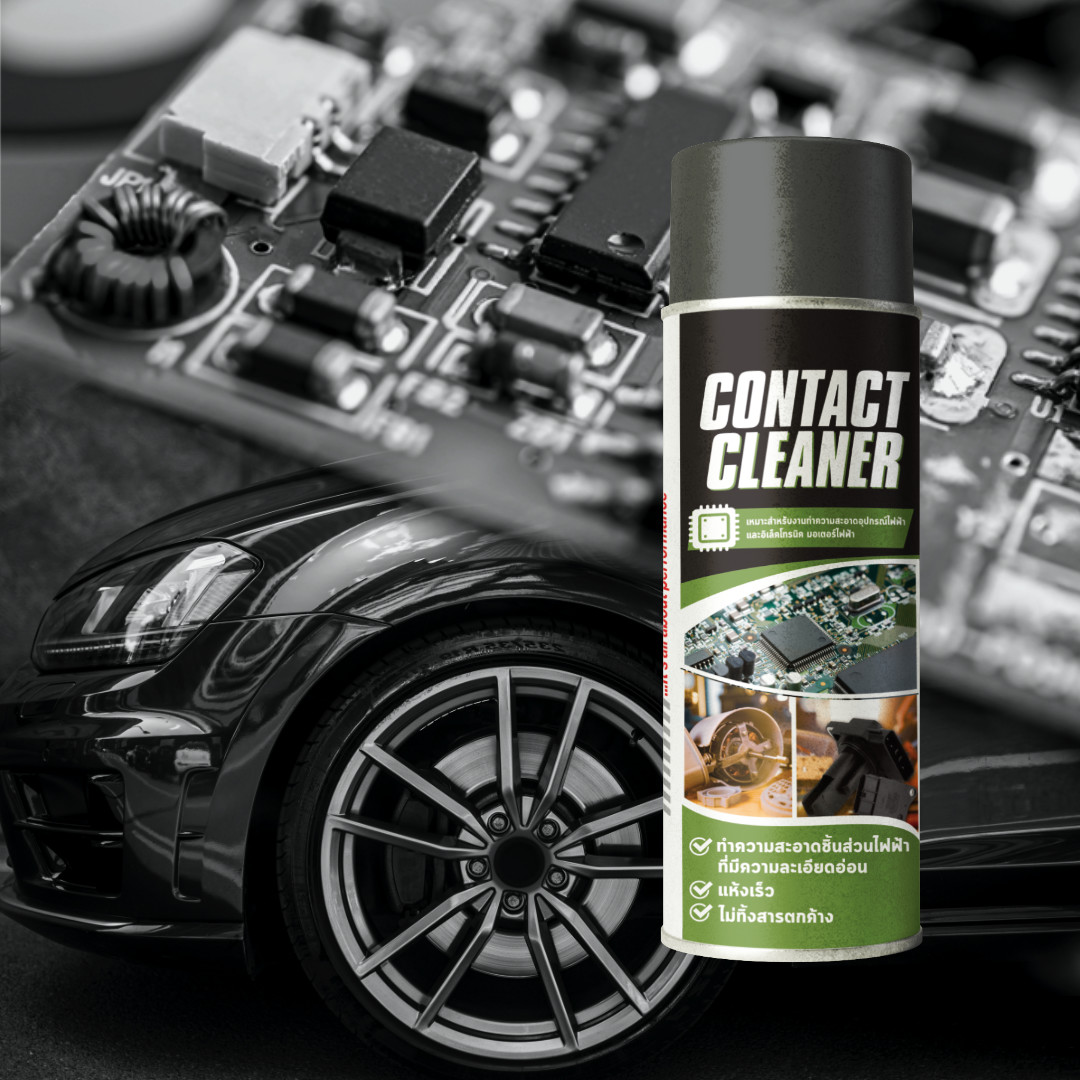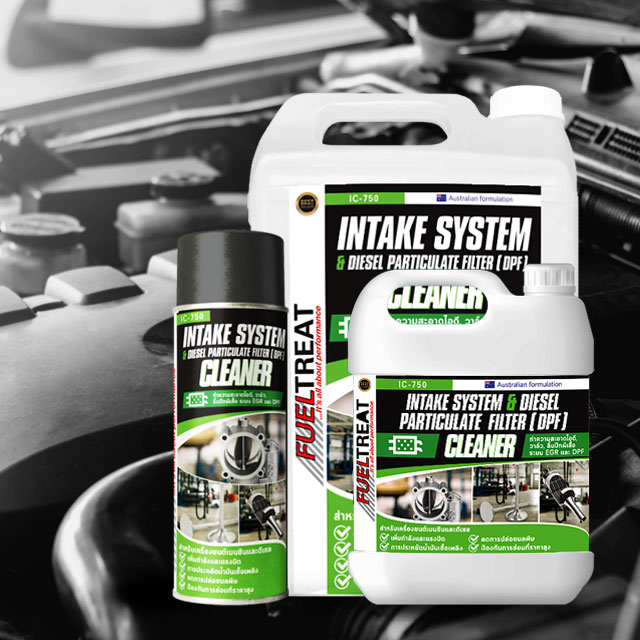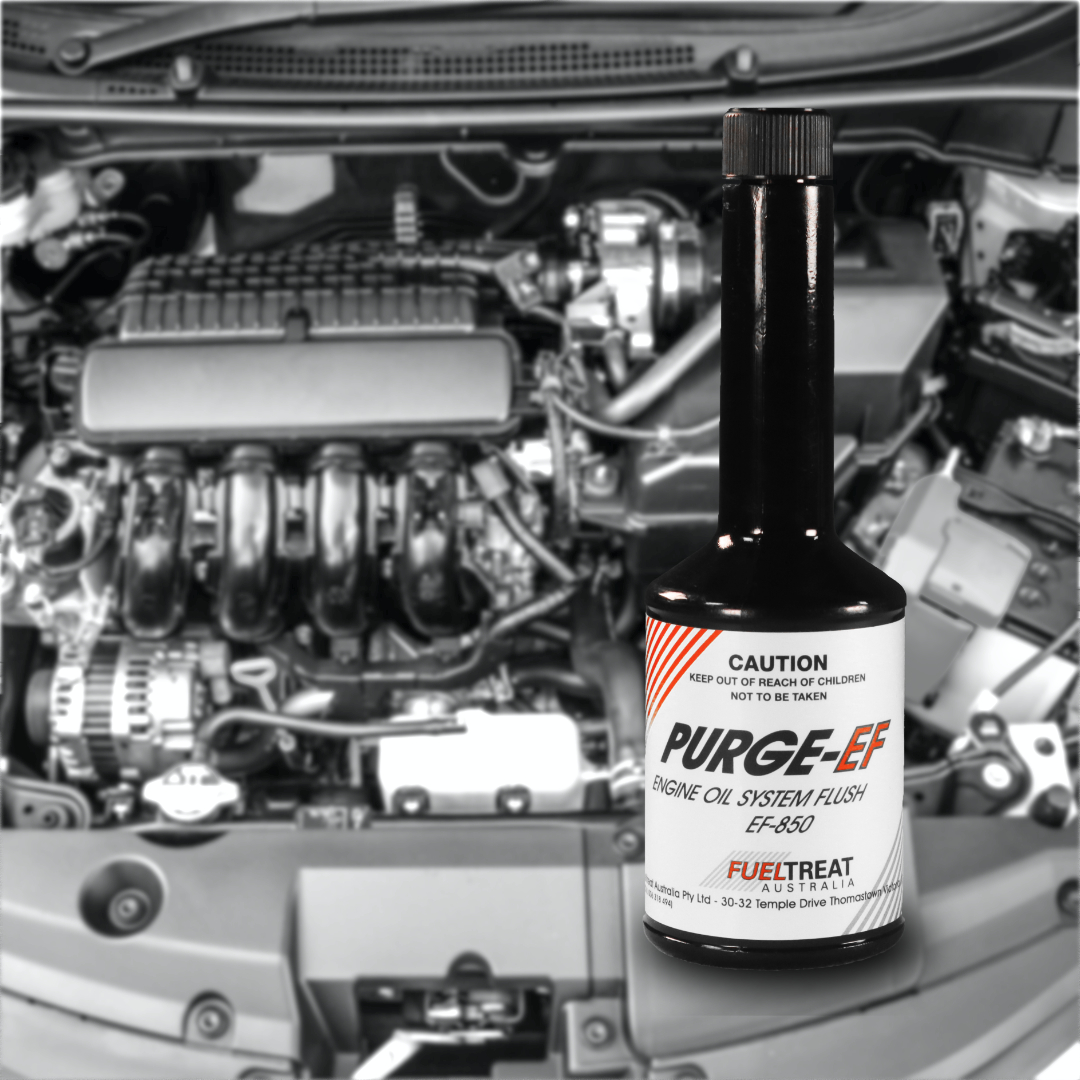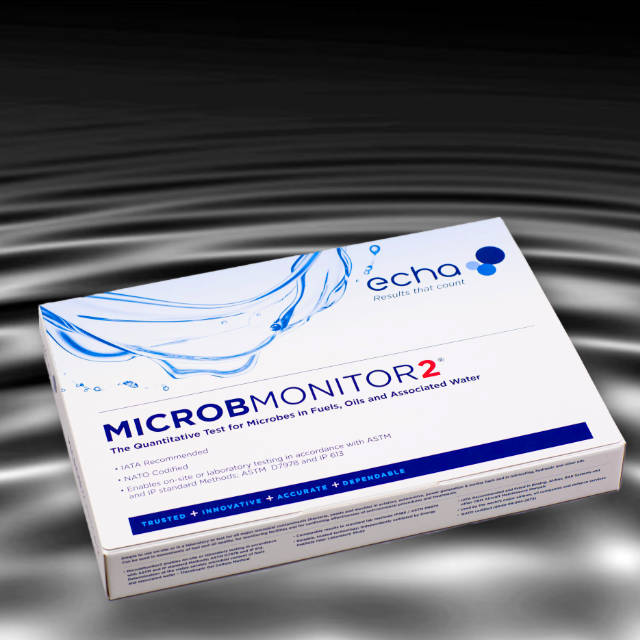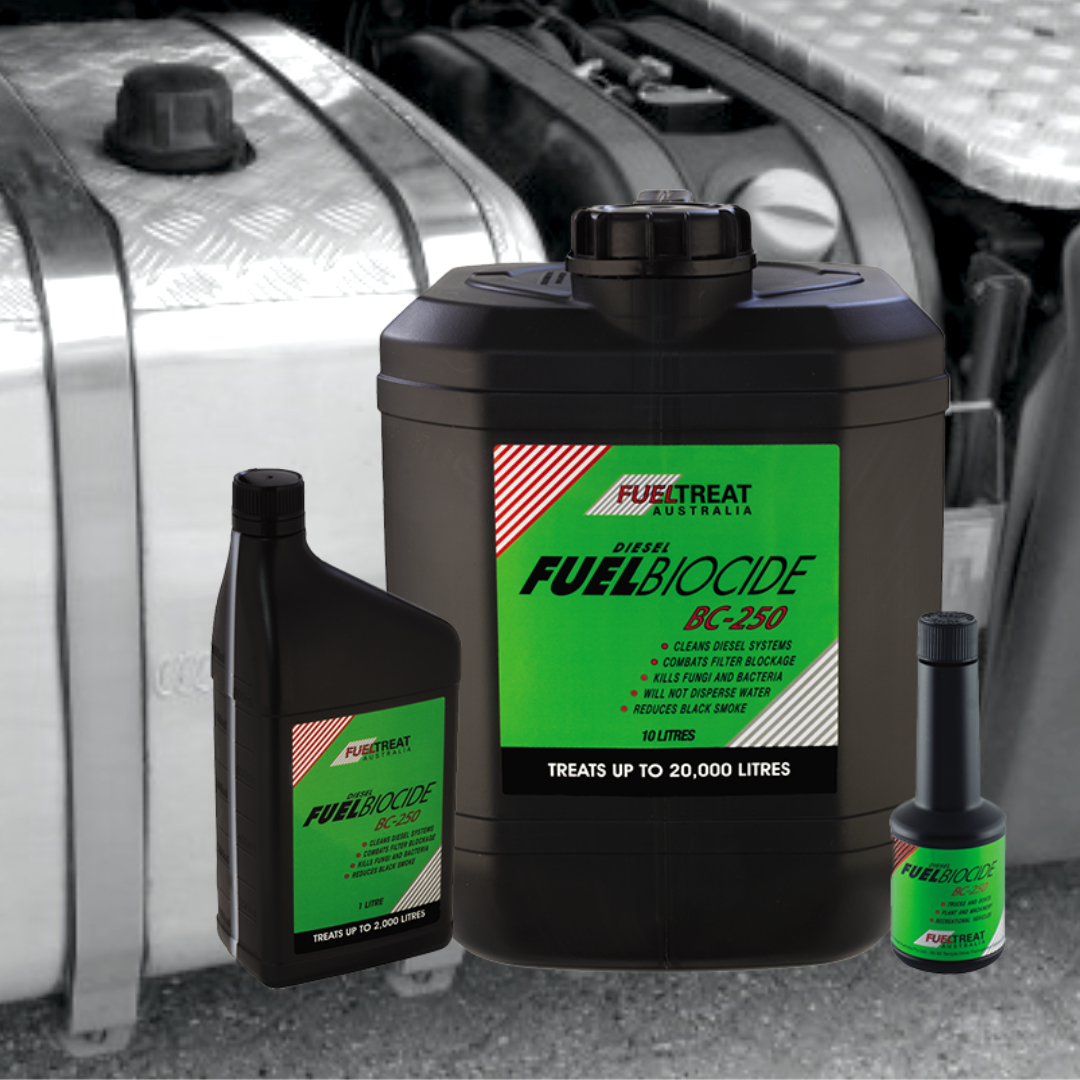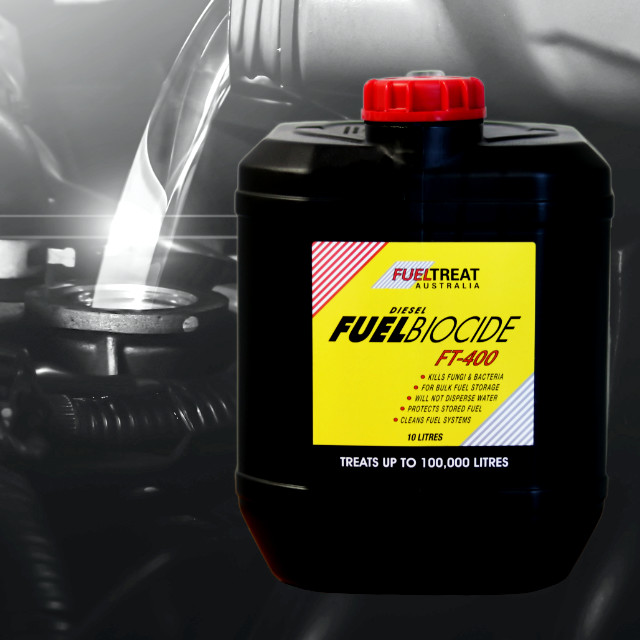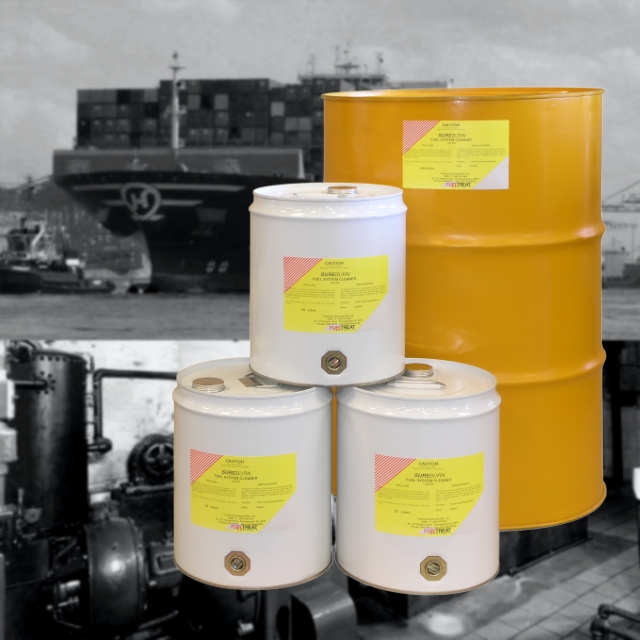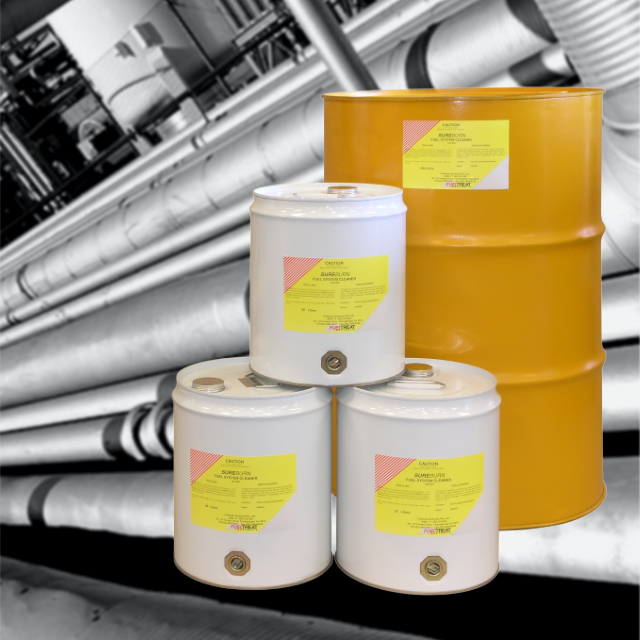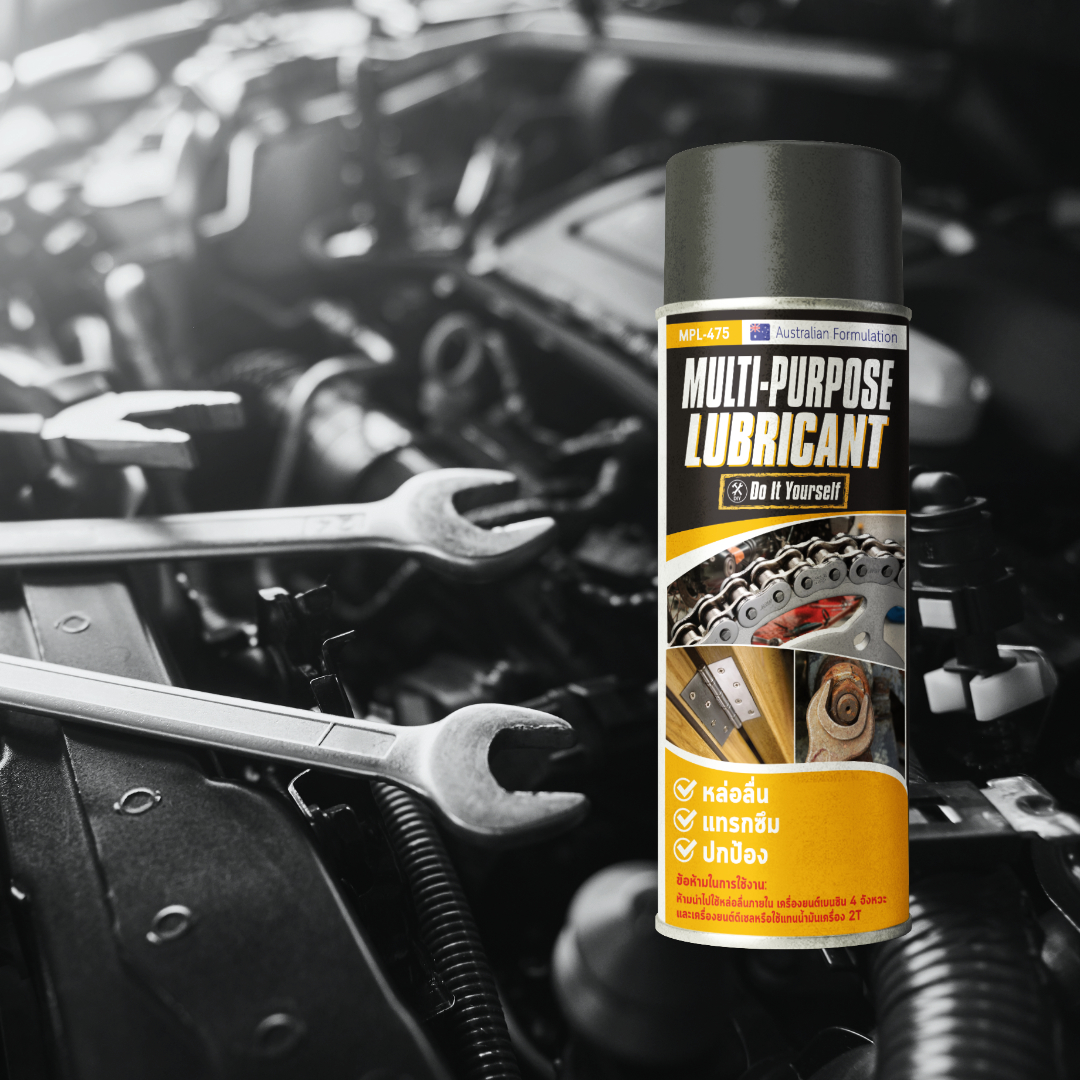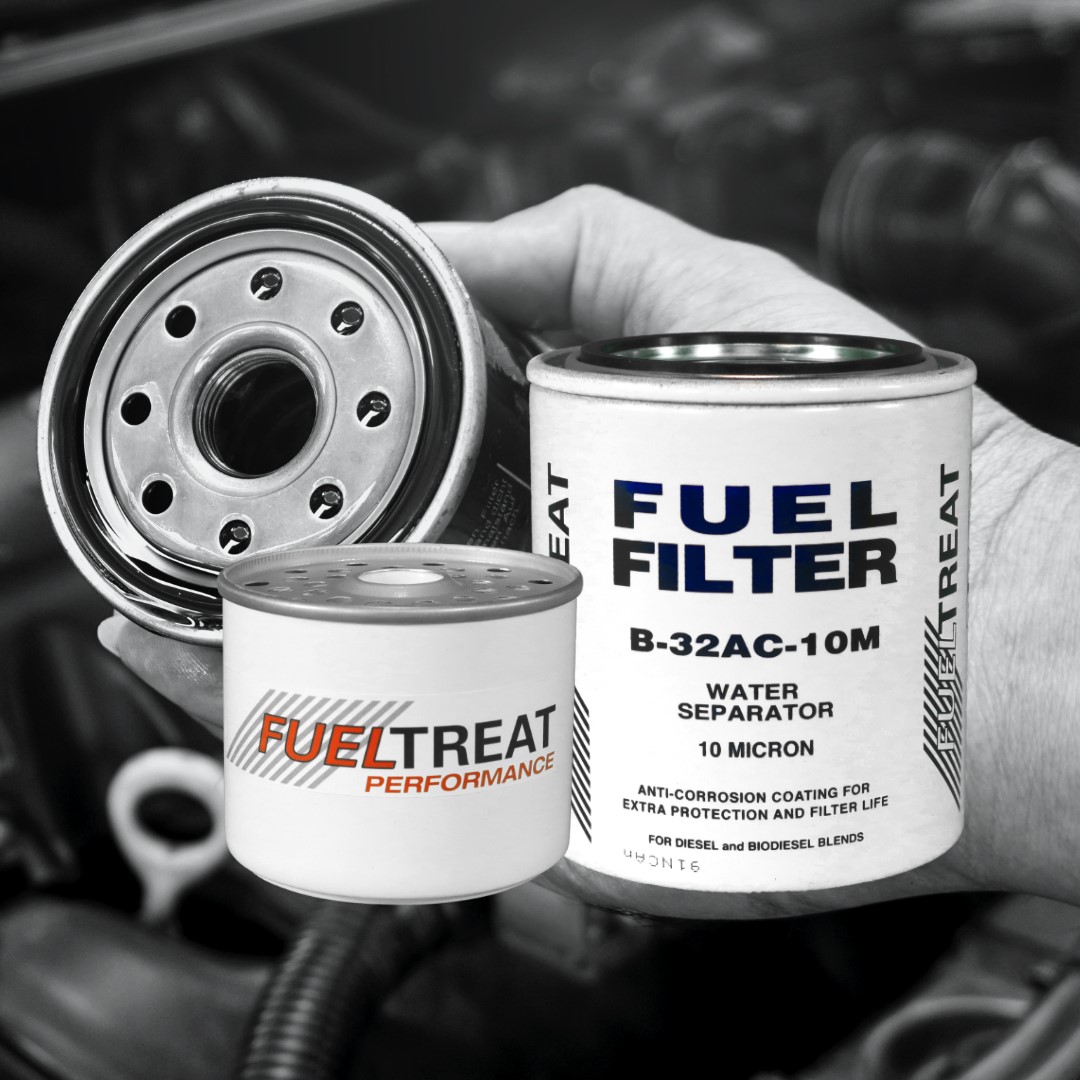

Most agricultural and farm operations run equipment using diesel engines and store diesel fuel on site in storage tanks.
Diesel fuel typically begins to degrade after less than 30 days from the time it is refined. Most fuel must be shipped some distance to the farm site, giving the fuel extra time to degrade. The presence of water in diesel fuel can lead to the development of “diesel bug”, which originate from microscopic spores and bacteria present in the air.
These microbial growths feed on the hydrocarbons in the fuel and process oxygen in the water to produce a corrosive sludge. This sludge can lead to numerous mechanical issues such as poor performance and injector/injector pump failure and steel fuel tank corrosion.
Subheading: How we save you fuel, maintenance and downtime costs
Other microbes produce clingy membranes that block fuel filters and cause fuel starvation.
The impact of biologically contaminated diesel is highlighted by common problems such as:
- Poor starting
- Excessive smoke
- Reduced engine power
- Increased fuel consumption
- Rough idle
FUELTREAT has years of experiencing in dealing with remotely stored diesel fuels, treating microbial contamination and getting the best performance out of diesel engines.
We dose millions of liters of fuel for customers annually. Our FUELTREAT engineered and manufactured biocides are designed to stop fuel contamination from occurring or to sterilize fuel if contamination has already been detected.
Our Fuel testing kits identify contamination issues quickly, allowing rapid biocidal treatment if required.
We can design, manufacture and install dosing or fuel polishing systems to meet your requirements. Our mobile fuel polishing equipment can be used to quickly restore stored fuel in mission critical systems back to new…or better.
Click the links to see how our products can save you maintenance and operating costs.
Contact Us to find out more


